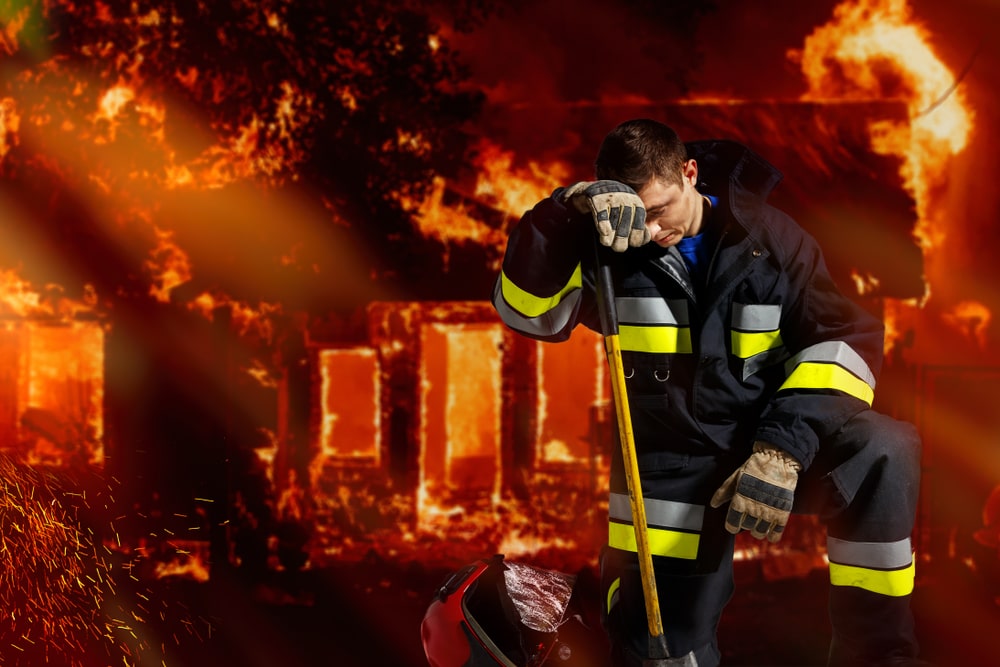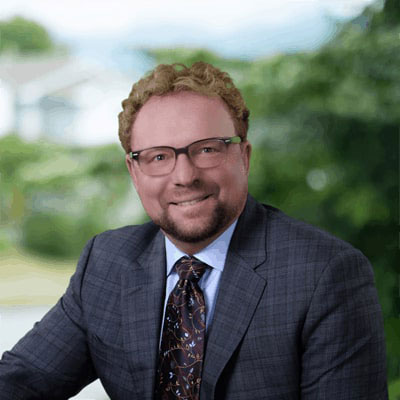Why we Seek Professional Help with PTSD

Waking up in a cold sweat in the middle of a nightmare that is all too real, and having flashbacks of bad memories that intrude unbidden and unwanted into our daily thoughts, is all a part of living every day with PTSD. Finding the balance where we are able to let in feelings without being overwhelmed by past experience intruding and putting up a wall in order to tamp those memories down, is a delicate dance.
If flashbacks and our feelings overwhelm us we are non-functional. If we try to block the flashbacks or tamp our feelings down and put up a wall, we lose all emotional and normal warm connections with those we care about and we isolate ourselves. It is like walking on a tight rope in the almost dark, with a deep dark pit of stormy emotions and reactions on one side that we can fall into and get swallowed up in. On the other side is a brick wall that we are building in order to not feel or re-experience those memories with an intensity we cannot handle. Right now, that wall may be knee high, or chest high, and we keep adding bricks to it so we can lean against it to keep us away from plunging into that chasm of despair. And yet, that very act of self-protection keeps us from experiencing the positive parts of life. How do we find that balance so we can protect ourselves from re-experiencing too much at once, and yet let enough in that we can heal and move forward?
It takes courage, and it takes the support of a PTSD professional who can help us look at those experiences and talk about them in a way that helps us assign those memories to a place where we can eventually store them, pull them out of storage and take a look at them now and then, and put them back where they belong, as only one part of the total experience in our lives. It’s like having books of memories on a shelf, and when you walk up to the shelf they all start falling down on your head. After a while, when you walk up to the shelf, only a few books fall down on your head, and eventually you are able to pull them off the shelf and look at them and examine them, and then put them back where they belong. We never totally loose the memories, but they no longer intrude unbidden at all times, and we have a different perspective on them. Over time we start to build new experiences and memories that place the bad memories into a more distant or less intrusive past.
Along with professional help, making a concerted effort to make new memories is important. It takes place slowly, one step at a time. Creating a safe space for us to experience new things, or to sit and read quietly are helpful. Grounding ourselves by being outside in nature is one of our most natural healing agents and creates powerful memories related to sight and smell and physical contact with the earth, as does other physically healthy activities. This connection can provide calm and help us reduce anxiety, stress, and depression related to PTSD. Reaching out to those close to us for companionship is also important. Even if we initially distanced ourselves from friends or relatives, most will welcome contact and provide company.
We can set the limits on how much of ourselves we are willing to share and set limits on what is appropriate to share. Your professional can help you with setting healthy boundaries so we can start to normalize our behaviour around those we care about. As we move through learning to live with PTSD your professional will be source of information and support to help you transition into a more comfortable version of yourself.
